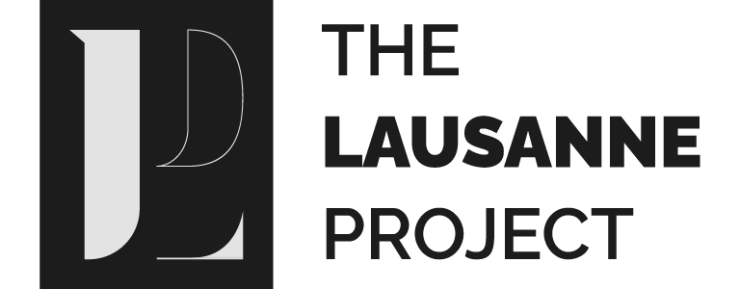 |
| Image source: Lausanne Project website |
Description:
The Lausanne Moment 100 Years On. Interdisciplinary Interventions
Location: Thessaloniki, Greece
Date: 9-11 November 2023
CfP Deadline: 15 April 2023
Keynote round table (tbc): Renée Hirschon (anthropology), Fotini Tsibiridou (anthropology), Konstantinos Tsitselikis (international law), Baskın Oran (political science), Ayhan Aktar (historical sociology)
A century after the signing of the Lausanne Treaty and the forced population exchanges it endorsed, the Lausanne moment continues to shape international politics and debates surrounding sovereignty, migration, security, and identity. A question posed by one American journalist covering the conference (Ernest Hemingway) continues to rankle: “What is peace?”.
While the Lausanne Treaty is one of the few treaties of the interwar period that have withstood the passage of time, perceptions of the Treaty have been less stable and less univocal. The “unmixing” of communities, considered a valid peace-making tool in 1923 has come to be seen as mutual “ethnic cleansing”. Meanwhile in Turkey, fierce debate swirls around whether Lausanne should be considered a Turkish ‘victory’ or a ‘defeat’. In Greece aspects of the treaty, such as the jurisdiction of the mufti to apply Sharia law in Western Thrace have faced solid legal criticism. Even as regional stability appears to be under threat, many insist that the treaty is a bastion of peace not to be touched. Discussion of the revisability (or not) of the treaty was enough to create a Greek-Turkish diplomatic incident.
The Lausanne Project in collaboration with the Department of Balkan, Slavic and Oriental Studies at the University of Macedonia are organizing an international conference to be held in Thessaloniki, Salonica, Selanik, a city that inspired and then endured the coming of this new historical era characterized by a shift from cosmopolitanism to competing nationalisms.
We invite scholars working across humanities and social sciences (anthropologists, international law and international relations scholars, political scientists, historians, sociologists, architects) to consider the peace and the world Lausanne made. The conference aims to bridge the divide isolating the disciplines that have addressed the Lausanne Treaty.
The Lausanne Project also collaborates with artists, curators and high school teachers to bring the latest research to diverse audiences. We invite such practitioners to propose interventions that reflect on how they have engaged with the Lausanne moment.
We hope that the conference will foster a new interdisciplinary dialogue, the fruits of which will be published as an edited volume.
Suggested themes include (but are not limited to):
Historical aspects – new perspectives
o Legal imperialism and nationalism
o Transimperial banks and debts
o Trade and the economy
International Law and International Relations
o To revise or not to revise? The legal scholars’ debate
o Greek-Turkish relations and the phantom of Lausanne
o The Kurdish issue today
Commemorating the Lausanne Moment
o Architecture and place-making
o The performing and visual arts
o Curating Lausanne
o Teaching Lausanne
Lausanne’s legacy in politics
o Post-imperial statehood
o Humanitarianism, Liberal Internationalism and NGOs
o Forced migration and settlement policies
The language of the conference will be English. There is no registration fee. We aim to cover the travel and accommodation costs for participants who cannot call on financial support from their institution. Applicants should indicate in their paper proposals if they would need to avail themselves of such support.
Please send a 400-word abstract with a short resume in a single document (max 2 pages total) by 15 April 2023 to
LausanneMoment2023@gmail.com. Please note if you will need financial support on the same document. The organisers will inform the participants of their decision by 3 May 2023.
Organizers: The Lausanne Project in collaboration with the Department of Balkan, Slavic and Oriental Studies at the University of Macedonia.
Scientific Committee (in alphabetical order)
Jonathan Conlin (University of Southampton, The Lausanne Project)
Georgios Giannakopoulos (City, University of London, The Lausanne Project)
Leonidas Karakatsanis (University of Macedonia)
Ozan Ozavci (Utrecht University, The Lausanne Project)
Julia Secklehner (Masaryk University, The Lausanne Project)
Dimitris Stamatopoulos (University of Macedonia)
Fotini Tsibiridou (University of Macedonia)
Konstantinos Tsitselikis (University of Macedonia)
Visit the Lausanne project website for more information.
